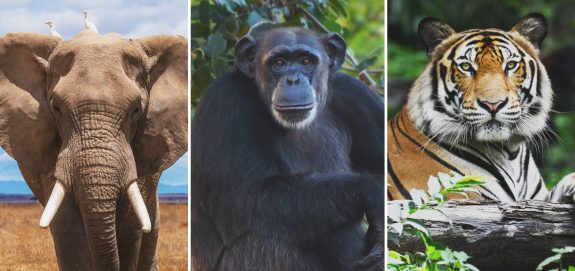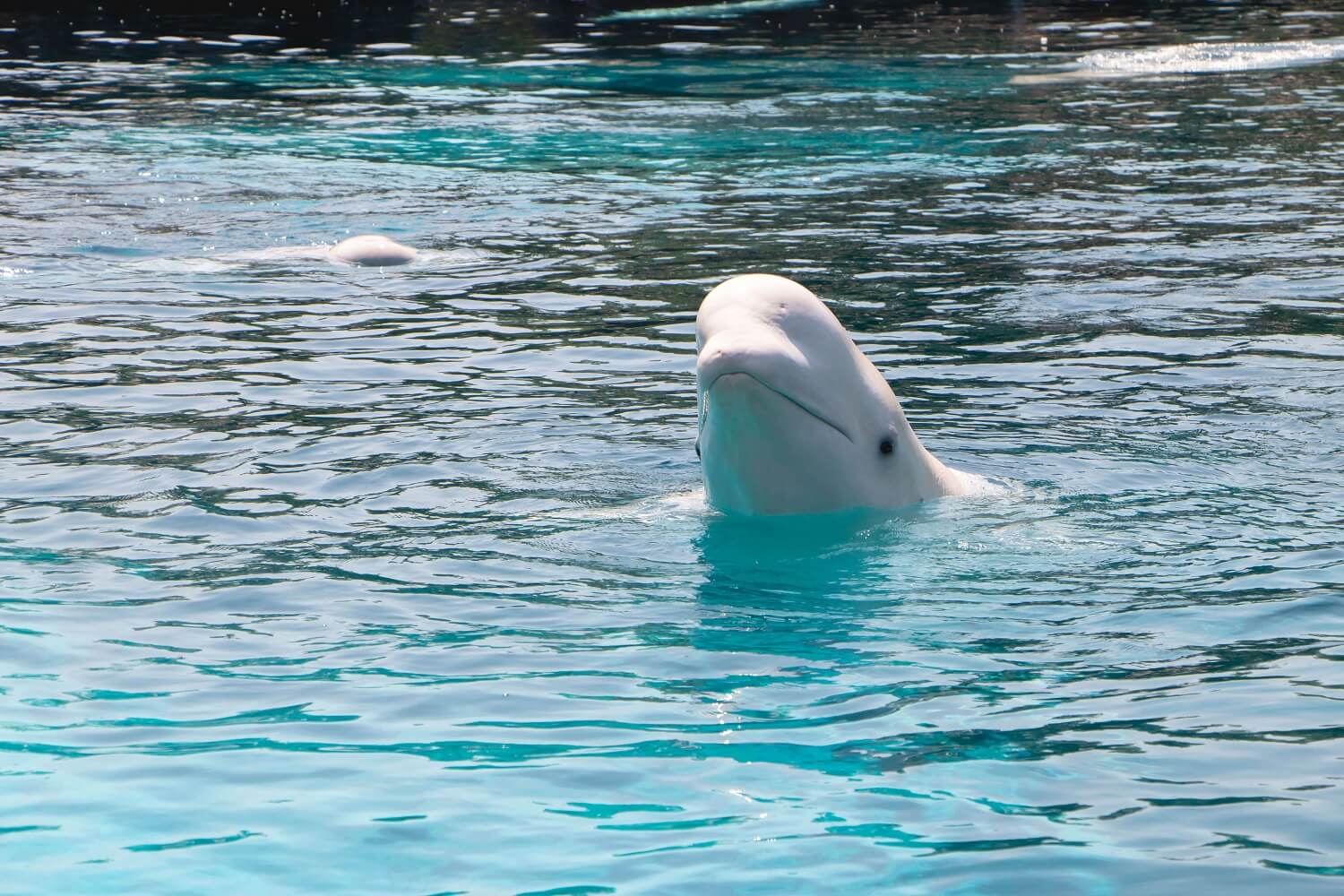An exciting new bill introduced today in the Canadian Senate takes aim at the zoo industry, and would help protect many species of wild animals from suffering in captivity.
Bill S-241, also known as The Jane Goodall Act, was introduced by Senator Marty Klyne. The bill is aimed at completely phasing out elephant captivity in Canada, and contains unprecedented new legal protections that drastically limit the captivity of many other species. The bill would also grant some animals limited legal standing—a groundbreaking move toward ensuring the courts take animals’ interests into account.
The proposed bill would do the following:
- completely phase out elephant import, breeding, and captivity;
- limit the ability of individuals and most zoos to import, keep, or breed wild animals in captivity, including big cats, bears, many monkeys, wolves, sea lions, walruses, and dangerous reptiles like crocodiles and snakes;
- allow the federal government to restrict the captivity of additional species in the future;
- grant limited legal standing to an animal so that their best interests can be taken into account by a court, in the event of a prosecution for violating the Jane Goodall Act.
The original version of this bill was first introduced by then-Senator Murray Sinclair in November of 2020, but focused only on great apes and elephants. The latest version is more expansive and aims to protect a wider range of wild animals.
Aside from sweeping protections for many species of wild animals, Animal Justice is thrilled to see provisions that grant limited legal standing to animals when they’re being illegally held in captivity. One of the biggest challenges animals face is having their interests considered in the courtroom. But under the proposed new law, animal advocates can more easily give animals a much-needed voice in court, and fight to protect them from cruelty. Under the proposed law, in a prosecution for illegally keeping or breeding an animal in captivity, a judge could hear legal arguments from a designated animal advocacy group or an individual. This individual or organization could ask a judge to take action to protect the best interests of an animal, including sending the animal to a sanctuary, and improving their conditions.
The bill still has room for improvement, however. In addition to letting sanctuaries care for restricted animals, the bill would allow some Canadian zoos and aquariums with “best practices” to seek permits to keep restricted animals.
It’s true that conditions are often worse at roadside zoos than they are at larger, institutional zoos and aquariums that may be run by governments. But regardless of ownership, all zoos still condemn animals to languish behind bars for human entertainment and deprive them of the freedom they deserve. The Vancouver Aquarium and Greater Vancouver Zoo, for example, are currently under investigation for animal cruelty.
Wild animals’ needs can never be met in captivity, which doesn’t come close to replicating diverse natural habitats. It’s common for zoo animals to suffer from boredom, depression, and chronic stress. Animal Justice advocates for zoos to convert to a sanctuary model—shifting from a focus on entertainment, to prioritizing the needs of rescued animals.
Despite these concerns, the bill is still a big step because Canada’s current laws for zoo animals are abysmal. There are no national rules protecting animals in zoos, leaving it up to the provinces to fill the gaps. In 2017, Animal Justice released a shocking exposé showing abuse and neglect at Papanack Zoo in Ontario. Even after all of this time, Ontario remains the roadside zoo capital of Canada, with practically no restrictions on keeping exotic animals in zoos or private menageries. If the new law passes, many roadside zoos may shut down altogether.
It’s also promising to see that the Jane Goodall Act mentions that the global wildlife trade contributes to biodiversity loss, mass extinction and the risk of zoonotic disease, and would help the government work to tackle wildlife trafficking. The bill also encourages a ban on elephant ivory and rhinoceros horn.
Animal Justice lawyers applaud this overall positive legislation for wild animals in zoos and aquariums, and will keep pushing for stronger laws that will end all captive cruelty to animals.




